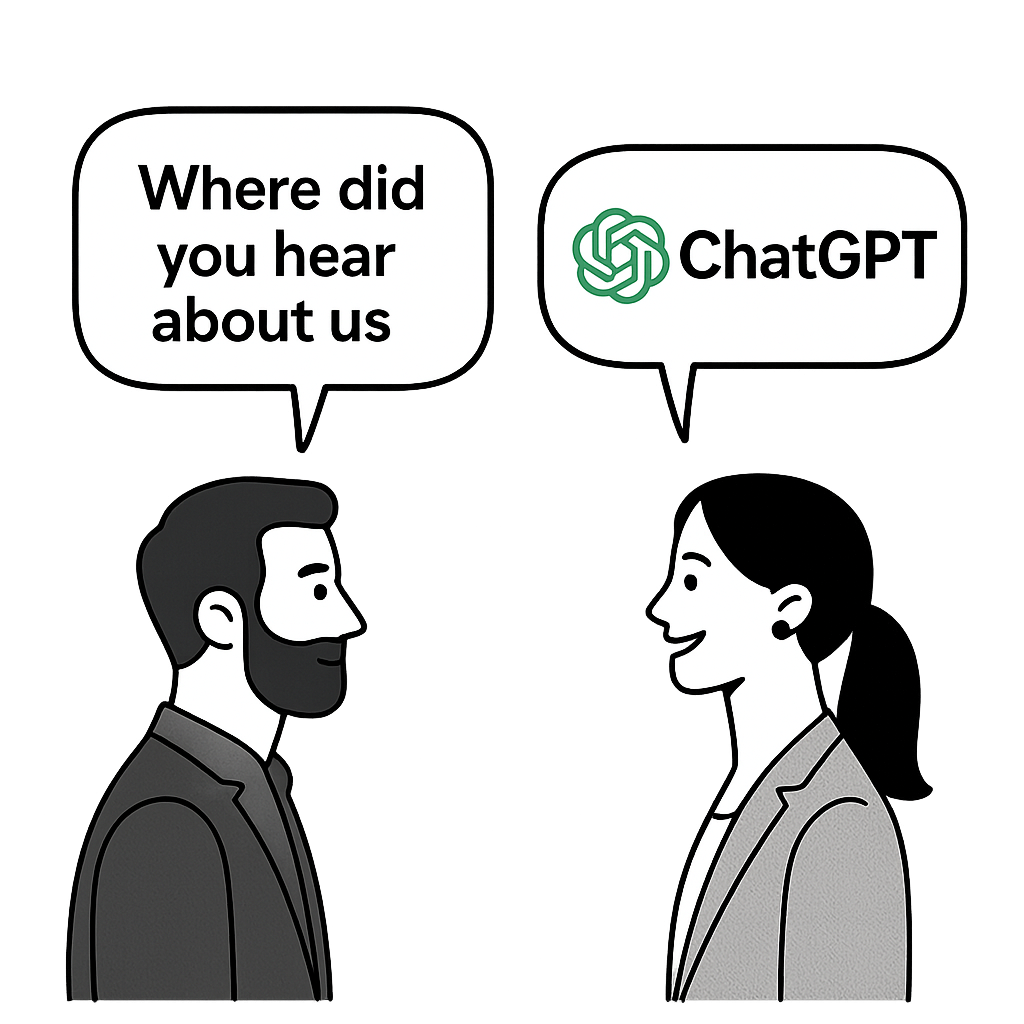Selling a physical product online means winning three moments: discovery, comparison, and checkout. Effective keyword research for ecommerce targets each stage while respecting inventory, margin, and seasonality realities. We can use our Relevance label to adjust the priority of different product searches based on their profitability within your catalog.
Product Discovery & Category Expansion
Long-tails such as “vegan leather laptop backpack” or “13-inch sleeve with charger pocket” convert 2–3× higher than broad head terms. We cluster these SKU-level modifiers to individual product pages and collection hubs, ensuring searchers land one click from “Add to Cart.”
High-Intent Comparison Queries
Shoppers shift to “best,” “vs.,” and “reviews” keywords in the evaluation phase: e.g., “Nomad backpack vs Herschel,” “waterproof carry-on review.” We map these terms to buying guides and comparison tables—content that will outrank faceless affiliate lists and funnel buyers directly to your PDPs.
Using Opportunity scoring w/ Relevance as a proxy for margin, we can prioritize keywords that will both rank and pay. Your content roadmap can help forecast incremental revenue per product cluster, letting merchandisers reorder stock confidently and content teams schedule launches around high-priority product lines. The net effect: less wasted ad spend, higher SKU velocity, and a SERP presence that turns casual browsers into loyal brand advocates—all before your competitors finish their next spreadsheet export.







